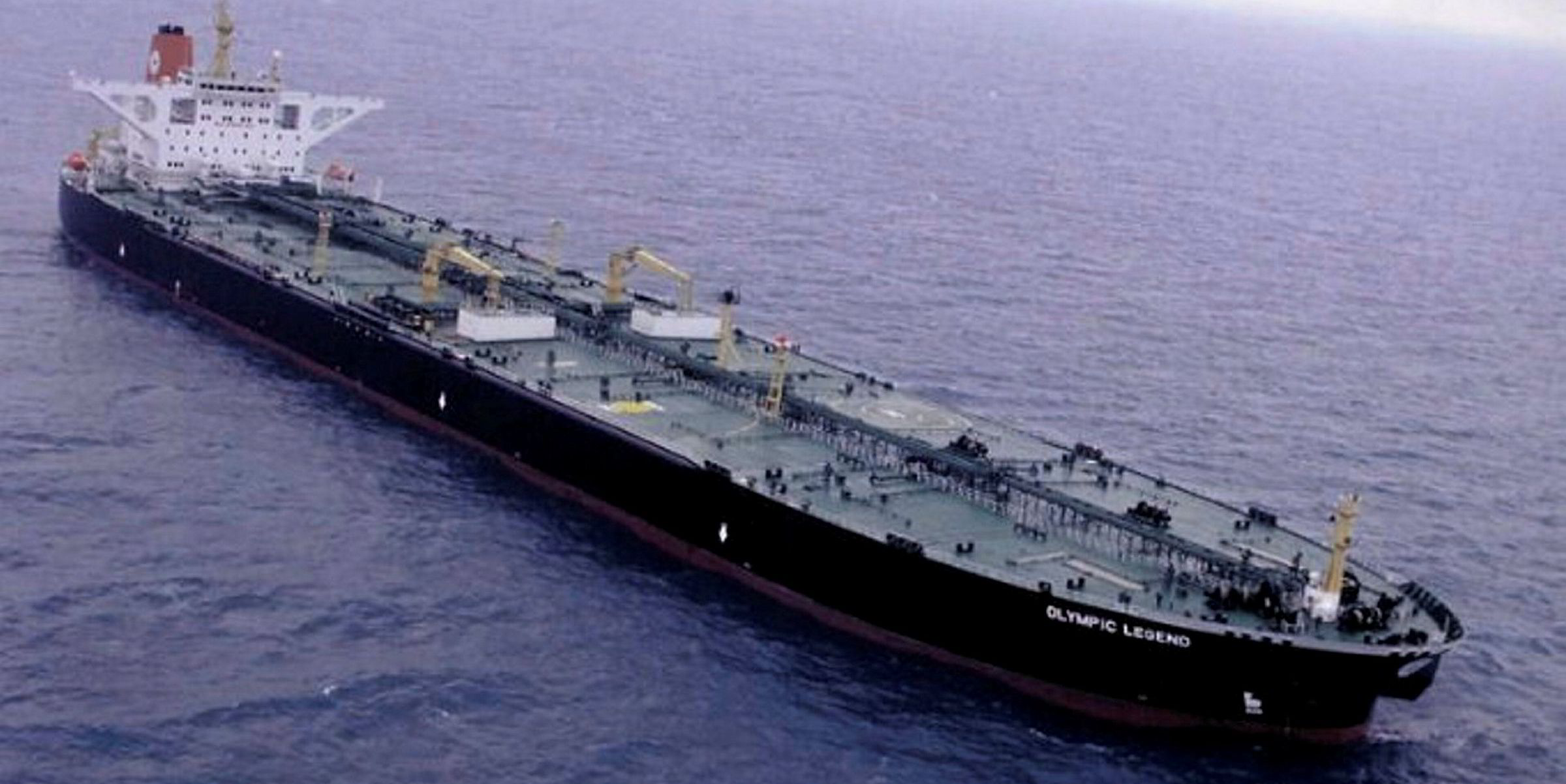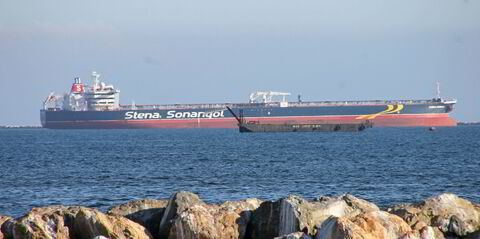Bimco has warned that tanker owners face two different realities in the age of the coronavirus, with short-term gains potentially giving way to longer-term pain.
The shipowners' organisation said the speed of the virus' spread makes it difficult to assess the full consequences, but it is updating its forecasts to "make some of this massive uncertainty tangible".
Tankers have obviously benefited from the breakdown of the Opec+ talks and Saudi Arabia's decision to flood the oil market, which will also drive fuel costs down, it said.
But "in massive contrast" to the benefits the crude tanker sector is enjoying from the brutal geopolitics of the oil market, there are widespread negative impacts from the pandemic.
Demand 'annihilated'
Saudi exports may be up dramatically, but in the longer term, the pandemic has "annihilated" global oil demand for 2020, the organisation warned.
Transport demand is down, most significantly for jet fuel.
"Freight rates for product tankers will be negatively affected by the fundamentally lower demand. Still Bimco expects average freight rates for the year above break-even levels," the association said.
"Freight rates for crude carriers are currently super strong. If/when the geopolitical support eases, the oversupplied market is likely to deliver freight rates below the levels of last year."
VLCC market cooling a little
Fearnley Securities said on Thursday that "things are starting to calm down" in the VLCC spot market.
Owners are still making plenty of money, however, with rates at $160,000 per day from the Middle East Gulf to South Korea.

The sector is only one-third of the way through the April lifting programme.
"The Saudis' effort to push out cargoes is likely to continue," Fearnley said.
US exports rose a "massive" 1m barrels per day (bpd) to 4.4m bpd last week, despite refinery runs increasing and imports being largely unchanged, it added. "However, with the heavily discounted Saudi barrels now finding their way to the Atlantic, we expect runs and exports to plummet in April."
Fearnley analysts Espen Landmark Fjermestad, Peder Nicolai Jarlsby and Ulrik Mannhart see demand uncertainty as the key concern for investors selling off tanker stocks.
"We share that view, given current oil market balance suggests onshore storage filled up by the end of the third quarter at the latest," they said.
Action needed now
Bimco called for urgent action by global leaders to protect health now, but also to prepare for a return to normality next year.
"Traditional fiscal and monetary stimuli will only partly bring normality back, when the virus is contained.
"What is needed on top of that are economic stimulus packages which aim at securing the purchasing power of consumers and corporates. Public debt will rise, as such measures are costly — but you should worry even more about the future if widespread layoffs and bankruptcies results in a severe global recession."
Bimco argued that manufacturing, which matters the most to the shipping industry, is being greatly affected.
Bulker demand to grow
Turning to bulkers, it said demand will be hit over the full year, as China — the main buyer of all dry bulk commodities — has limited purchases while the coronavirus outbreak is being contained.
"Still we expect demand to grow for the full year, picking up from current low-point when China returns to the market for commodities," Bimco added.
The capesize sector is feeling the most pain as significant iron ore demand has yet to materialise.
Before the pandemic, Bimco expected average freight rates for 2020 to come down from last year. They will now be even lower, it forecast.







